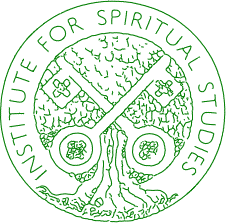

|
Seminar 4:
|
|
There is a widely held political dictum that in the modern, secular, pluralist democratic state there can be no place for spiritual or religious influence on the part of churches and other religious bodies. In being effectively sidelined from institutional decision making, they can do no more than offer spiritual counsel by way of guidance to their individual adherents as to what matters should inform and guide their counsel and actions in both private and public life. Accordingly, spirituality, religion and ethics become separated from one another in the process. This can mean that in the modern state there are no institutional means by which public decision making can be informed even when matters of the spirit intersect with public policy formulation. In such a situation the state can only draw upon the law and established convention. Is that sufficient? In times of rapid change like the present, these sources on their own may be insufficient or even silent on critical questions of change. Yet, apart from informed individuals exercising personal influence there is little institutional access to those wellsprings of ancient wisdom and spiritual insight. Will that suffice, especially when the dynamic of social transformation in what the world now requires? Rev'd Professor Robert Gribben will chair the question time which will form part of this seminar, encouraging participants to concentrate on the public questions raised by our speaker.
|